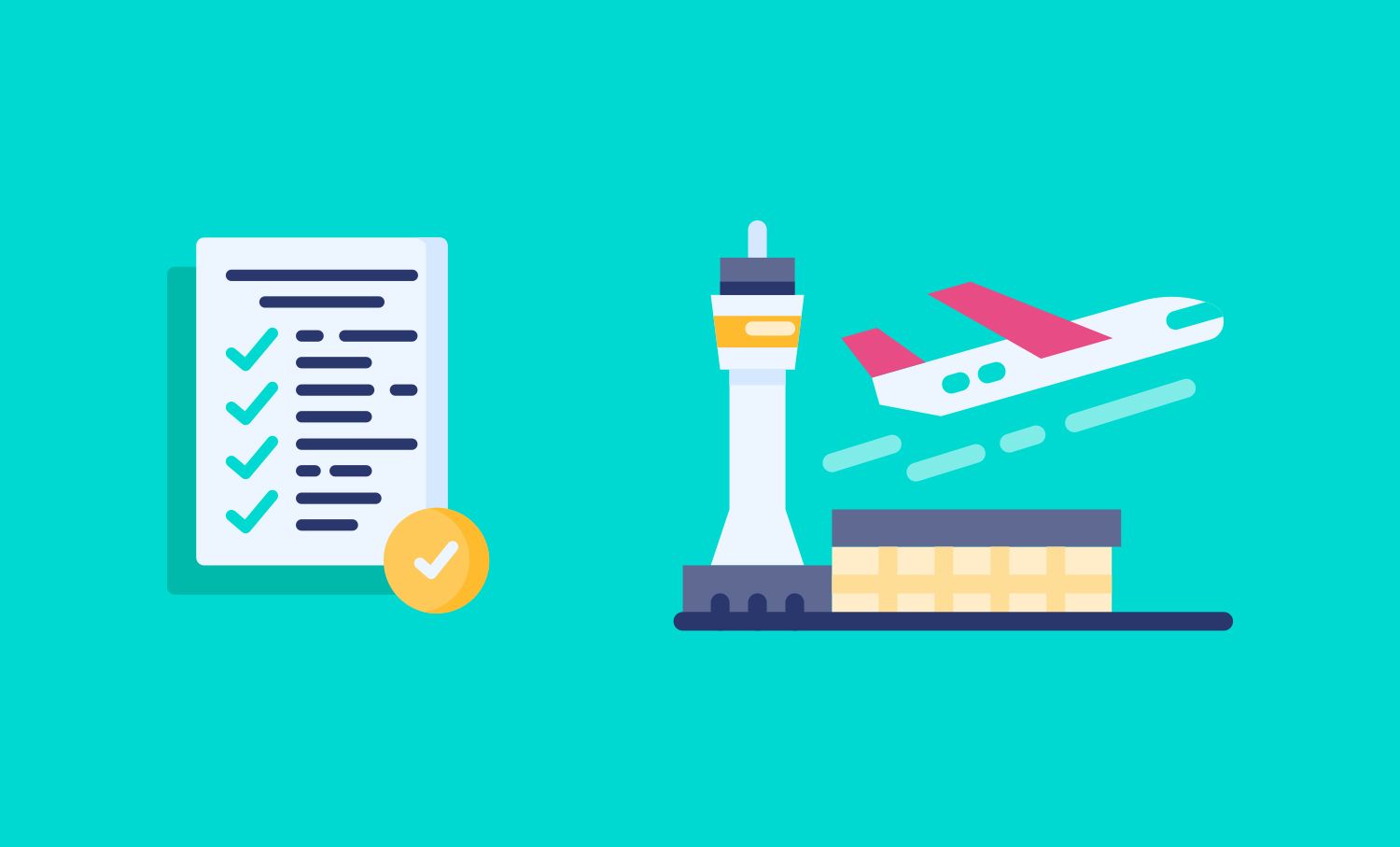10 Questions to Ask When Planning a Business Trip
10 Questions to Ask When Planning a Business Trip - There are many things you could consider when it comes to reducing carbon from a upcoming business trip.

There are many things you could consider when it comes to reducing carbon from a upcoming business trip. Here are just a few to consider.
- Is the trip necessary?
Carbon emissions associated with business travel can have a significant impact on a company’s carbon footprint. During the Covid-19 pandemic, business travel substantially decreased, but it has steadily increased again since restrictions have lifted around the world. That’s why the first question you need to ask yourself is this: is the trip necessary? If not, consider an online conference.
2. Is there a closer location?
If a trip is necessary, or your company is beginning to scale back, try to find a location that doesn’t require extensive travel from the participants. If you’re based in Chicago IL, and you’re hosting a conference for clients based in Austin TX and San Francisco, consider choosing one of those cities or another in between. The key is to reduce the total number of miles traveled.
3. How sustainable is the accommodation?
Since several people from your company (and possibly others) will require accommodation, how sustainable is it? This may not be an easy task, as greenwashing (making a claim that an entity is environmentally conscious without substantial evidence) is becoming more prevalent across some industries.
4. What’s the carbon footprint of your mode of transportation?
Flying is a carbon-intensive activity that drastically increases a company’s carbon footprint, especially if multiple employees are traveling several times a year. If possible, use a train, carpool, or bus to reach your destination.
5. Are employees incentivized to use public transportation?
Whether at the destination or on their way there, incentivize people to utilize public transportation. Most conferences take place in cities, so public transport is likely an option. However, if it’s not, instead of renting cars from the airport, carpool (preferably in an EV) with others or use a shuttle service if it’s offered by the hotel.
6. Are you trying the local cuisine?
Local food is more sustainable than imported food. Take a step outside of your comfort zone and sample what your local destination has to offer.
7. Are you collecting travel data for carbon disclosure reporting?
Collecting travel data (which should be anonymized) is a requirement for carbon disclosure reporting. Carbon emissions are calculated based on mode of travel, distance covered, and seat type (such as economy vs business class), so make sure this information is available. You’ll thank yourself when reporting season comes along.
8. Are you using single-use plastic at your conferences and business meetings?
If you’re in charge of providing for attendees, avoid single-use plastics or disposables. Instead of distributing water bottles, use glasses in stock at the venue. And while many people like collecting merchandise, such as pens, tote bags, and other knick-knacks, many will likely end up in a landfill.
9. How many people are taking part in the business trip?
The carbon cost of travel and accommodation adds up, and is multiplied by every additional person. Instead of sending multiple people from the same department, send representatives.
10. Do you have a sustainable travel plan in place for future travel?
In order to ensure that you and your colleagues are complying with the most sustainable practices, a company-wide policy should be drafted and implemented. This can be followed as travel is scaled back, and should include collecting the necessary information for scope 3 reporting.